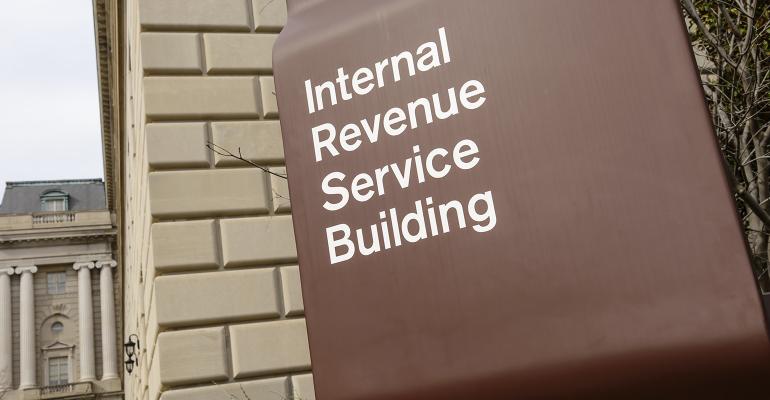On June 23, 2020, the Internal Revenue Service issued Notice 2020-51, which provides guidance relating to the waiver of 2020 required minimum distributions (RMDs) and grants additional time to roll over 2020 RMDs already taken.
The notice also provides transition relief for plan administrators and payors in connection with the change in required beginning date (RBD) for RMDs and provides two sample amendments that employers may adopt to give plan participants and beneficiaries whose RMDs are waived a choice as to whether to receive the waived RMD.
Background
The Setting Every Community Up for Retirement Enhancement Act, signed into law on Dec. 20, 2019, changed the RBD for individual retirement accounts and eligible retirement plans to April 1 of the calendar year following the calendar year in which the individual attains age 72 (previously it was age 70½). This change applies to distributions required to be made after 2019, with respect to individuals who attain age 70½ after 2019. In addition, the Coronavirus Aid, Relief, and Economic Security (CARES) Act, signed into law on March 27, 2020, waived the requirement to take RMDs for 2020. Section 2203 of the CARES Act waives the requirement for specified defined contribution plans, deferred compensation plans and IRAs (defined benefit plans aren’t given this waiver). The CARES Act states that the waiver is for any distribution that’s required to be made in calendar year 2020 by reason of: (1) an RBD occurring in 2020, and (2) such distribution not having been made before Jan. 1, 2020. Accordingly, if an individual turned age 70½ in 2019 but was waiting until April 1, 2020, to take the 2019 RMD, she’s no longer required to take it in 2020.
Rollover Period Extended
Notice 2020-51 extends the 60-day rollover period for waived 2020 RMDs so that the deadline for rolling over such a distribution won’t be before Aug. 31, 2020. For example, if a participant received a distribution in January 2020, part of which was considered an RMD, that participant now has until Aug. 31, 2020, to roll over the RMD part of the distribution. It should be noted that the repayment won’t be treated as a rollover for purposes of the one rollover per 12-month-period limitation and the restriction on rollovers for nonspousal beneficiaries.
Calculation of RBD
The notice confirms that the calculation as to when an individual’s RBD occurs isn’t affected by this one-year waiver. Thus, for example, if an individual has a RBD of April 1, 2020, and dies after April 1, 2020, then that individual will be treated as having died after her RBD regardless of whether that individual had commenced receiving distributions or had delayed commencing distributions until 2021.
Employee With RBD of April 1, 2021
The notice also details how the waiver of 2020 RMDs affects an employee who has a RBD of April 1, 2021. The RMD for 2020 is waived regardless of whether the employee’s RBD is April 1, 2021. Thus, for example, if an employee who isn’t a 5% owner attained age 70½ before 2020 and retires in 2020, that employee’s RBD is April 1, 2021. The employee isn’t required to receive a 2020 RMD before April 1, 2021, but must still receive the RMD for 2021 by the end of 2021. If the employee receives a distribution during 2021, then that distribution is a 2021 RMD to the extent the total RMD for 2021 hasn’t been satisfied even if the distribution is made on or before April 1, 2021, and accordingly, isn’t an eligible rollover distribution. However, to the extent the RMD for 2021 has been satisfied, subsequent amounts distributed in 2021 that otherwise wouldn’t be eligible rollover distributions may be rolled over.
Equal Periodic Payments
The notice additionally states that the 2020 RMD waiver doesn’t apply to payments that are part of a series of substantially equal periodic payments under the “RMD method” (a series of payments that are designed to satisfy the Internal Revenue Code Section 72(t)(2)(A)(iv) exception to the 10% early distribution tax). Accordingly, if the payments are stopped in 2020 (other than because of death or disability) prior to age 59½ (or prior to five years from the date of the first payment), a missed 2020 payment will be considered a modification so that all the payments made under the series are subject to a recapture tax.

